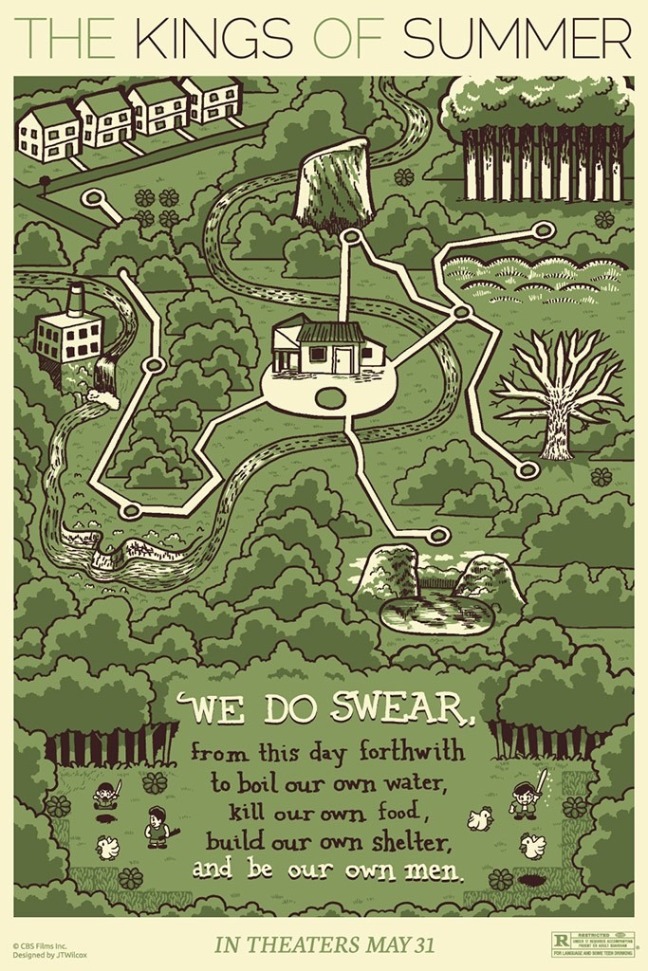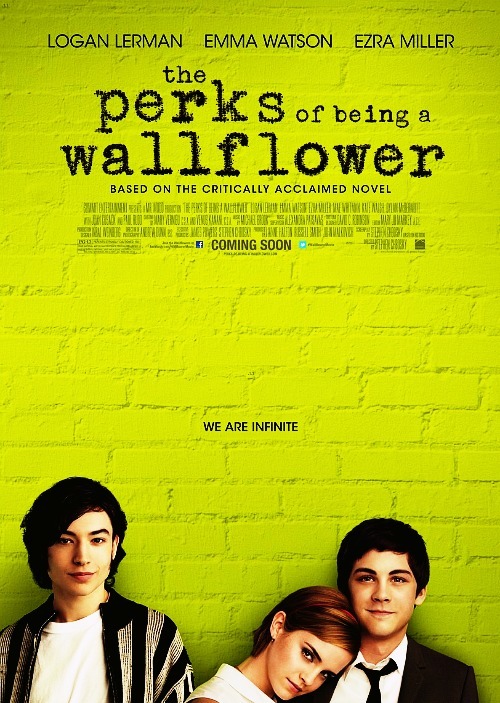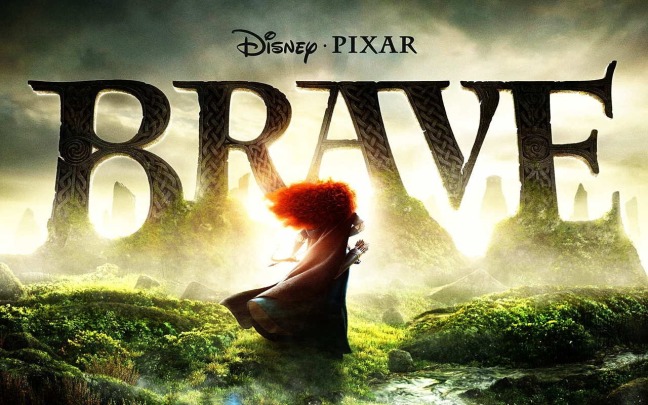
Every once in a while there comes a movie so ambitious, so extensive, that it’s hard to believe the film itself could live up to the hype. Richard Linklater’s “Boyhood” seemed like the textbook definition of such a movie.
Shot intermittently over 12 years, the eponymous boyhood belongs to Mason Jr. (Ellar Coltrane) who the audience sees through snapshots of his life starting when he’s only six years old. The film follows his growth and relationship with his divorced parents, Mason (Ethan Hawke, Before trilogy, Gattaca) and Olivia (Patricia Arquette, Holes, TV’s Medium), all the way through to when he’s just another 18-year-old leaving for college.
The description of “Boyhood” seems like a project that’s cool in theory but couldn’t quite come together — how could it, carrying the narrative of one kid over the course of twelve years? But luckily, thanks to Linklater’s talent for realism and natural dialogue, the movie is a masterpiece.
If his “Before” trilogy was a sort of microcosm, examining the lives of two people within a certain number of hours, then “Boyhood” is the macro-cosmic other side of the coin: 12 years in only three hours. Its stance is vast, covering everything from divorce to abuse, to revelations of personal philosophies.
There’s no three acts, no grand finale, per se. “Boyhood” barely even gives its characters a chance to stop and establish the changing years; the audience is left to deduce it from a character walking through a door and suddenly having braces, or a mop haircut.
But between the period-laden effect of the soundtrack, or clues left as time markers, the actors bring surprising honesty and authenticity to their roles. Hawke and Arquette are just as much in the thick of growing up as Coltrane is. It’s both rare and refreshing that “Boyhood” leaves its protagonist without a life-changing heart-to-heart with one of his parents, leaving him instead to develop his own sense of life.
Though most major events happen off screen, in between the episodes and snippets that Linklater chooses to show, the effects are still felt rippling through, providing an odd — but poignantly realistic — sort of narrative that carries throughout the film. Linklater sidesteps the “big” moments of Mason’s boyhood, what are normally considered the meatier action bits, to knowingly create a whole new way to capture adulthood.
Based on the way people are talking about “Boyhood,” it sounds as if it verges on pretentious, but the movie’s ability to stick to its simple nature, exploring the supposedly boring space between life’s bigger moments and revealing in them how much definition of our own character is there, keeps it grounded and authentic.
The audience may not have gone through the same experiences Mason Jr. does, but there’s a little bit of everyone in Coltrane’s Mason Jr. As we watch him struggle with his crushes, his classmates, his sister, or his parents, we can all hearken back to a time where our growth crossed paths with his.
As the film progresses, the characters become more nuanced, the actors become more experienced, and the whole production seems to knit itself together in a way no other movie really can. That’s probably the hand of Linklater’s stylized realism at work, mirroring how Mason Jr. might actually be recalling his boyhood. The coming-of-age cliches are stripped down and the traditional rites of passage removed until all that’s left is a simple boyhood; perhaps the most true-to-life coming-of-age film so far.
Verdict: A magnum-opus for all involved, “Boyhood” is the most realistic coming-of-age film yet





